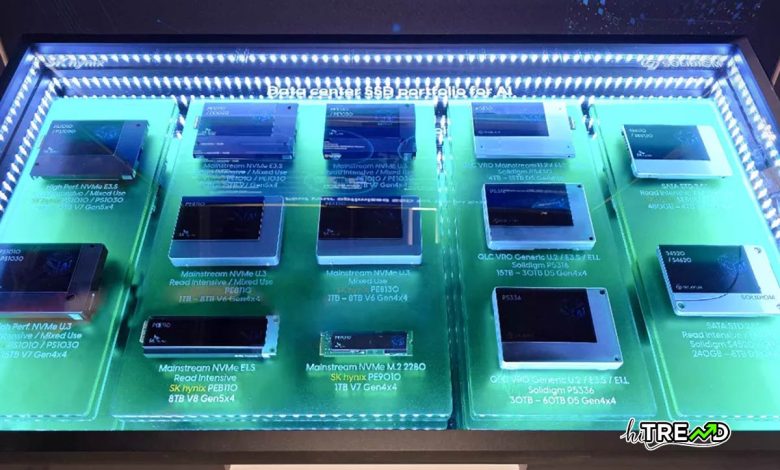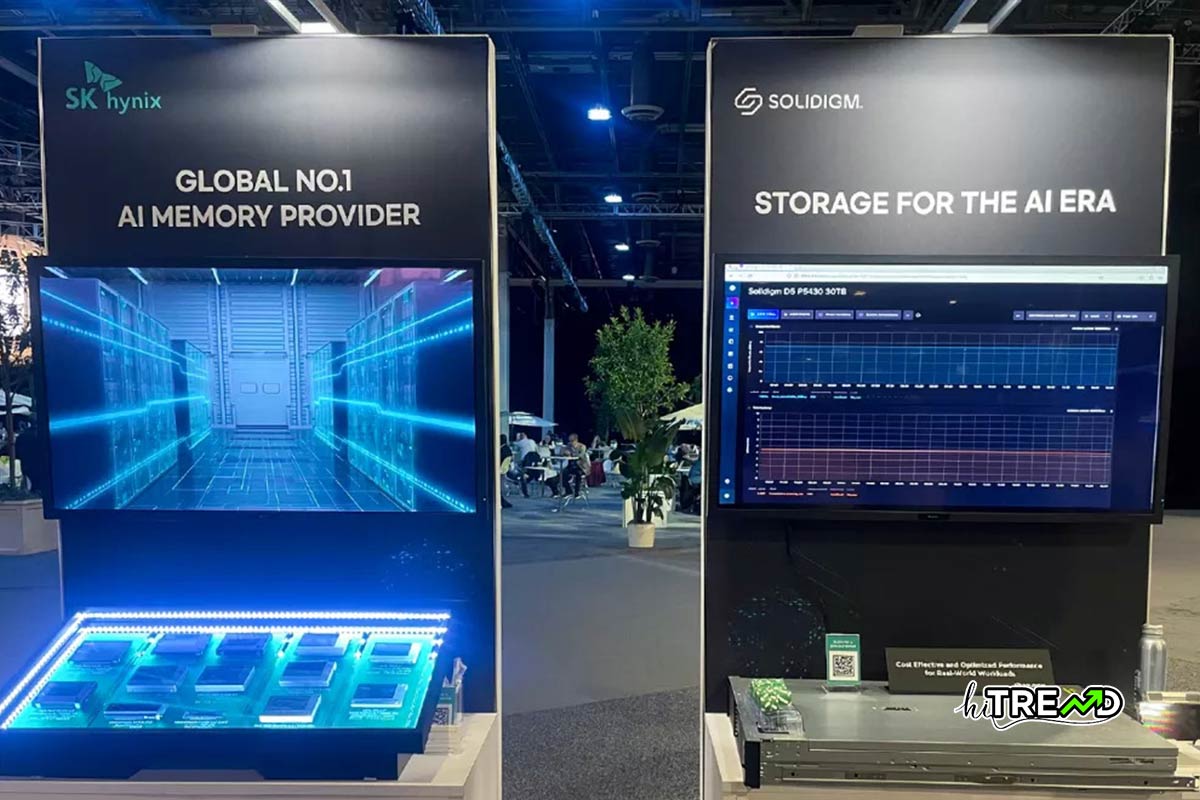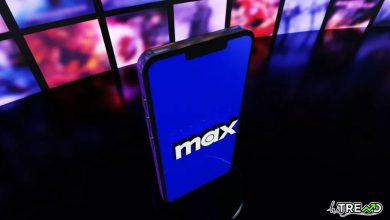SK Hynix quietly announces plans to enter high-capacity SSD market with 60 TB products

What just happened? High-capacity SSD customers will soon have another option to choose from courtesy of SK Hynix. The South Korean memory specialist has announced plans to roll out 60 TB, enterprise-class solid-state drives, joining just a handful of other companies offering similar capacity solutions.SK Hynix quietly announces plans to enter high-capacity SSD market with 60 TB products
SK Hynix briefly touched on the subject in its most recent earnings report. The company didn’t mention any specific SKUs, but did say it expects eSSD sales to be more than quadrupled this year compared to last.
You can read more Technology articles
AnandTech believes SK Hynix will likely use its own QLC memory in the new high-capacity drives. What’s less certain – and arguably more important – is the controller choice. The company has multiple options on the table. Since SK Hynix owns Solidigm, it could very well borrow the company’s controller (Solidigm was established via SK Hynix’s $9 billion purchase of Intel’s NAND business). It’s also possible that SK Hynix could simply rebadge the Solidigm D4-P5336 entirely.SK Hynix quietly announces plans to enter high-capacity SSD market with 60 TB products
It is worth noting that SK Hynix also has its own internal SSD team, and they have a solid track record with the Aries controller.
Large-capacity SSDs are slowly but surely starting to make their way to market. Solidigm was among the first to announce a 61.44 TB SSD, doing so at the tail end of 2022. Western Digital also reportedly has a 60 TB SSD although I have had trouble tracking it down. Earlier this month, Samsung announced the BM1743 data center-grade SSD with quad-level vertical NAND.

Samsung’s drive features a sequential read speed rating of 7,200 MB/s compared to just 2,000 MB/s for sequential writes. Similarly, 4 KB random reads are rated at 1,600,000 versus 110,000 random write IOPS. Given the specs, the drive is clearly designed for read-intensive workloads.
Samsung even teased that future models could push capacity up to 122.88 TB, but it will probably be a while before those drives hit the market.
Given the proliferation of AI-generated content, it’s a virtual certainty that more large-capacity SSDs are on the way.
Follow HiTrend on X




